|
|
|
|
Nau mai haere mai.
With Cyclone Gabrielle gone but the clean-up only just beginning, attention now turns to how New Zealand pays for it. With an estimated $13 billion cost – with $1billion for road repairs alone – the government is having to recalibrate its May budget and weigh up the funding options: borrow, tax or cut?
Of course, the issue is highly political. The National Party has zeroed in on the possibility of a “cyclone tax” that would hurt already struggling New Zealanders. The Reserve Bank has warned that borrowing could well add to inflationary pressures. And cutting funding elsewhere would go against key government priorities.
In an election year, none of these is particularly palatable. Furthermore, as Jonathan Barrett explains, even if the government chose taxation as the best solution, it still risks hurting lower income people, stoking inflation or simply running out of time. Overall, Barrett argues, a temporary levy on those most able to afford it would be the fairest way forward.
There is more coverage of the longer-term implications of the devastating cyclone and Auckland floods here and on our homepage, as well as a timely examination of New Zealand’s best strategies for handling COVID as we enter the pandemic’s
fourth year. Until next week, take care and mā te wā.
|

|
Finlay Macdonald
New Zealand Editor
|
|
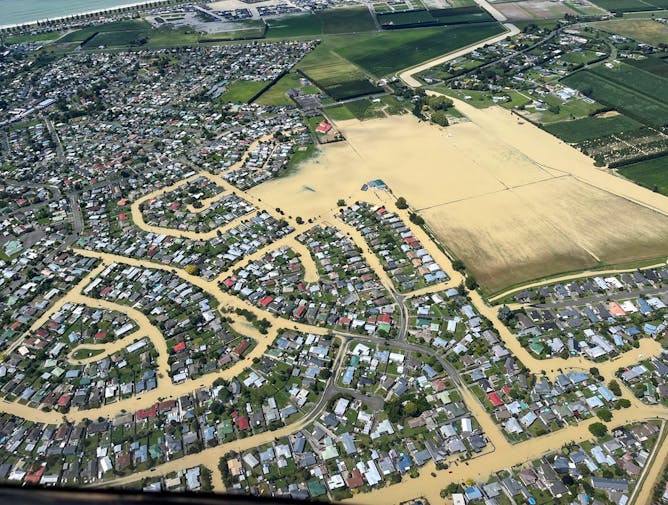
Jonathan Barrett, Te Herenga Waka — Victoria University of Wellington
Should the country go into debt or raise taxes to pay for disaster recovery? The best solutions might not be the most politically attractive – and that’s a problem.
|
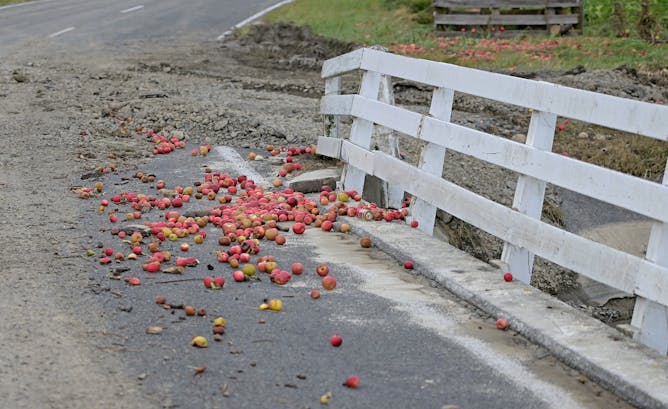
Anita Wreford, Lincoln University, New Zealand
Horticulture underpins the local economy in areas devastated by Cyclone Gabrielle. Climate change may mean some parts of the region will become less suitable for crop production during this century.
|
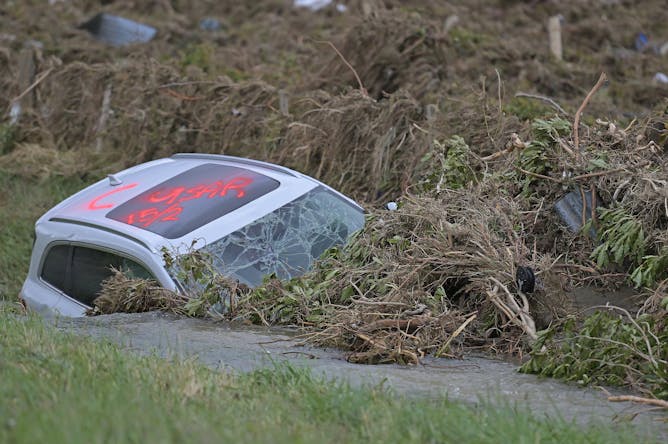
Suzanne Wilkinson, Massey University
Building back better after disasters requires a lot of money, significant community involvement and a departure from the status quo.
|
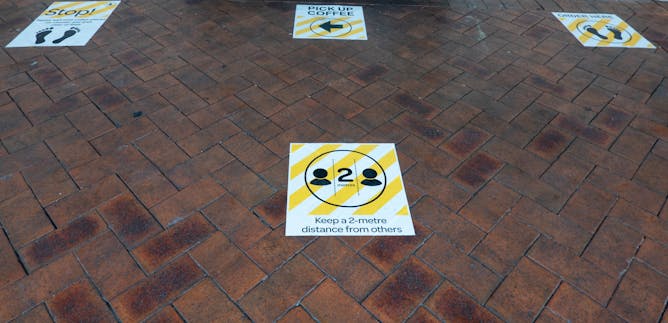
Michael Baker, University of Otago; Amanda Kvalsvig, University of Otago; Matire Harwood, University of Auckland
New Zealand’s initial elimination approach to COVID has significantly decreased the risk of hospitalisation and death. Now we need to find the right mix of measures to limit infection and reinfection.
|
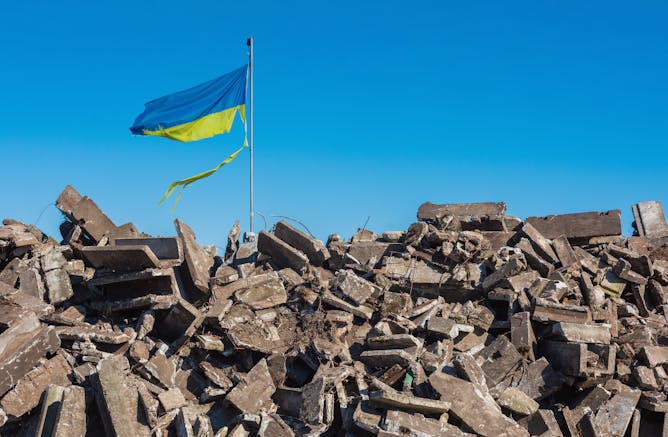
Alexander Gillespie, University of Waikato
With no end in site to the Ukraine war, and the UN largely powerless, New Zealand now faces difficult military, humanitarian, diplomatic and legal challenges.
|
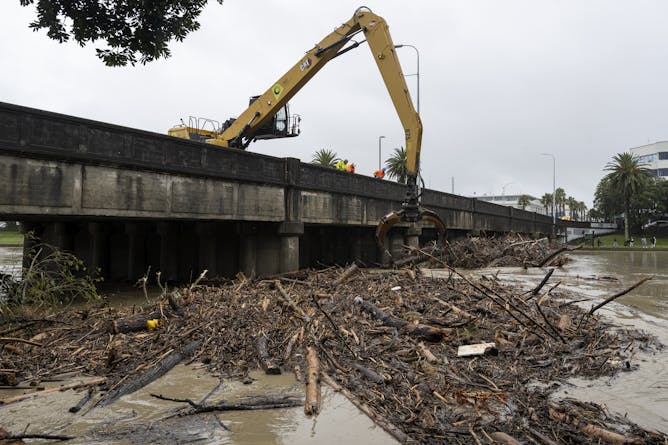
David Norton, University of Canterbury
The devastation of Cyclone Gabrielle has left a significant scar on the land in Northland, the Coromandel and Hawkes Bay. But instead of replanting pine, we should return the land to native bush.
|

Jennifer Scott, Massey University; Beth Tootell, Massey University; Kazunori Kobayashi, Massey University; Wayne Macpherson, Massey University
As workers increasingly demand flexibility in their jobs, businesses need to move away from the current ad-hoc approach and establish clear protocols for work-life balance.
|

Steven James Jackson, University of Otago; Marcelle Dawson, University of Otago; Michael Sam, University of Otago
The concept of ‘wellbeing’ has been embraced everywhere. But there’s a downside to the obsession with ‘wellness’ that we need to examine.
|
From our foreign editions
|
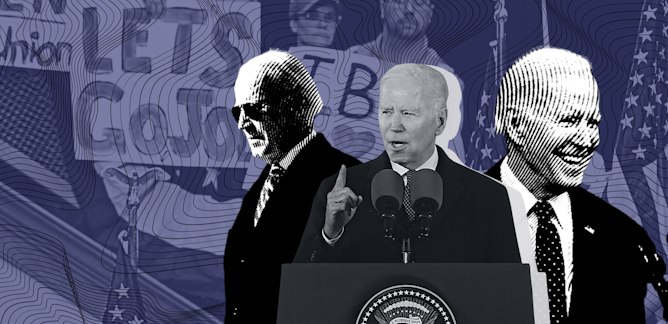
Emma Shortis, RMIT University; Liam Byrne, The University of Melbourne
Biden can seem like a relic from a different age. But he also represents tradition, a form of politics that is not trapped in constant, partisan trench warfare on every issue.
| |
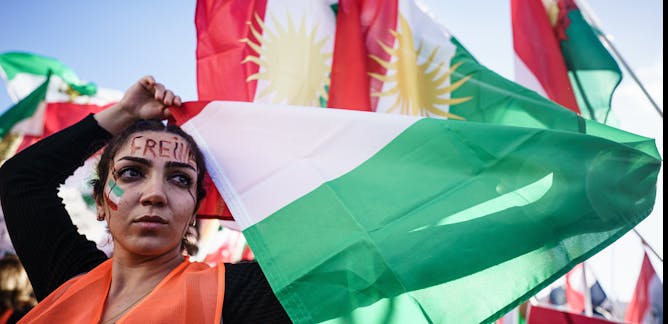
Amin Saikal, The University of Western Australia
Critics have said Australia should impose tougher sanctions on Iranian officials for the regime’s crackdown on protesters. But sanctions alone are not likely to work.
|
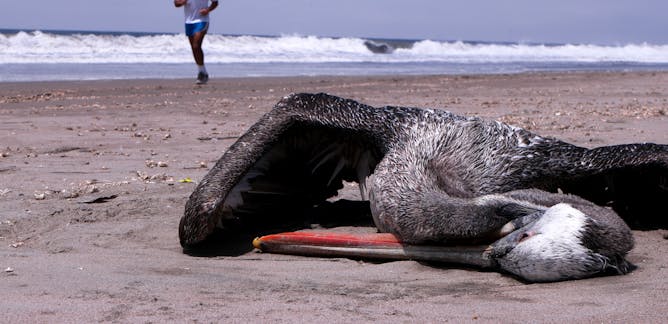
Treana Mayer, Colorado State University
A biologist who studies how viruses spread from animals to people explains the process of spillover and the risks posed by the new bird flu that has spread across the globe.
| |
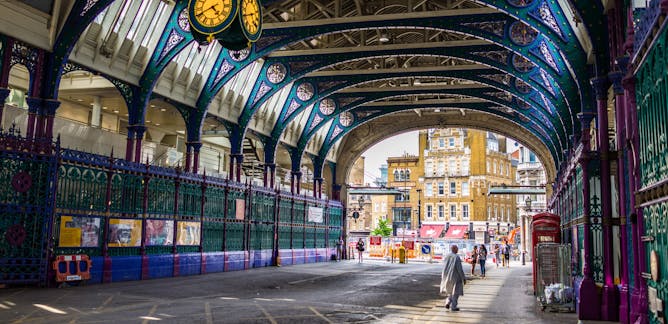
Yiwen Wang, Xi'an Jiaotong Liverpool University; John Pendlebury, Newcastle University
When buildings with difficult pasts are repurposed, the process often involves navigating between omission and selective remembrance.
|

Christoph Bluth, University of Bradford
People who get too close to the seat of power in North Korea, including the Supreme Leader’s relatives, have a way of ending up dead.
| |

Andini Pramono, Australian National University; Katelyn Barnes, The University of Queensland
For parents, encouraging healthy family diets for children from the time they are babies is one way to keep children’s blood sugar levels in check. The Indonesian government can do more to help too.
|
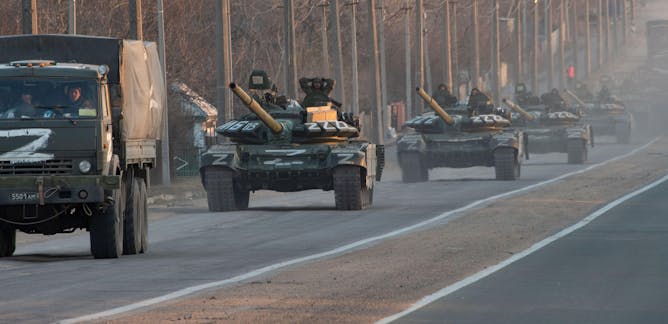
Frank Ledwidge, University of Portsmouth
Vladimir Putin’s planning for his ‘special military operation’ failed to take into account the Ukrainian people’s staunch defence.
| |

Adrian Ma, Toronto Metropolitan University
Web3 has become a catch-all term for the next iteration of the internet. But what does it mean exactly?
|
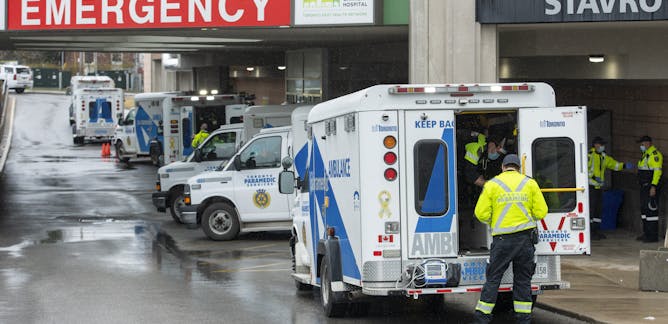
Peter Vanberkel, Dalhousie University
Ambulance response times have not always met targets, but the alarming new pinch point in our health-care system is that there are no ambulances at all available to respond to calls.
| |

Philippe Burger, University of the Free State
In being grey listed South Africa joins a list of countries with poor governance. Others are war zones or countries with jihadist terror groupings operating on their land.
|
|
|
| |
| |
| |
| |
|
|
|
|
|
|
|